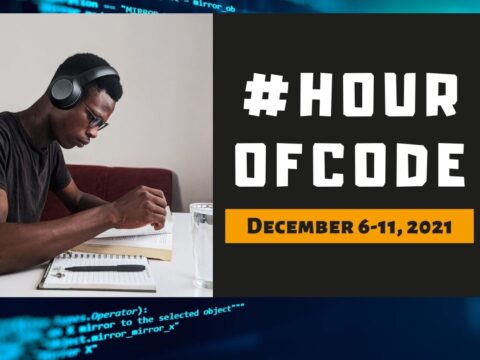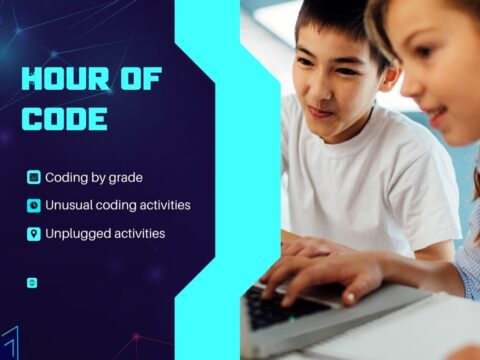As educators struggle with the best way to teach critical thinking and problem solving, coding has proven to be an effective and flexible tool. Is it time to add ‘coding’ to the essential subjects taught at every school? Here’s a thoughtful addition to that conversation:
Should Coding be a Part of the Modern School’s Curriculum?
There’s no denying that coding is now regarded as an essential ability for learners. While most parents agree that it should be part of the modern school’s program, only a small percentage (about 40% of schools) teach coding. The number one reason cited by superintendents and principals for not offering this integral computer skill is time scarcity. They argue that the teaching focus needs to be on core subjects, which are often measured by standardized tests. But, should coding be taught in schools from an early age. Here’s what you need to know. Before we dive in too deep, let’s first understand what coding is like for kids.
How Does Coding for Kids Work?
Coding basically refers to giving instructions to the computer to obtain certain results, such as video games, apps, websites, and computer software. Although producing these results using computer programming isn’t an easy feat, coding is super simplified for kids. There are plenty of easy ways to teach kids how to code, such as using the fun hour of the code activities that are available online. As the name suggests, these activities only take one hour and give kids an excellent opportunity to learn necessary computer programming skills.
Benefits of Coding for Kids
As coding continues to become a popular trend, you’ve probably considered enrolling your little child in coding classes. One thing you need to know is that it won’t make them instant billionaires. However, it will undoubtedly bring with it a plethora of benefits. Here are some of the benefits of coding for kids.
1 It’s a Foundational Skill
If you thought that teaching your kids to code will only prepare them for an IT-related field, then you thought wrong. Coding is quickly becoming a fundamental skill that adds value to virtually all disciplines. From art to literature, computer programs are being used to make analysis – identify authenticity, cross-connections, and patterns. That means those who learn coding at an early age will be better prepared to work in a wide range of fields.
2 Synergizes with Other Subjects
One thing that makes coding so important for kids is that it synergizes with other subjects. That means that this skill doesn’t necessarily have to be taught as a subject on its own. While it covers a wide range of concepts such as algorithms, variables, loops, branching, sequencing, decomposition, and debugging, coding can be easily integrated into other subjects, such as science and math. As a result, it becomes easy to teach/learn as kids find it more relevant and practical.
3 Helps Improve Concentration and Focus
Coding requires high concentration and focus to avoid errors. Learning how to code at a young age will, therefore, improve kids’ concentration as they try to execute a bug-free code. Their concentration and focus are first captured when learning to code exciting programs such as games. For these games to run without bugs, kids are incentivized to pay attention to their code. In the long run, kids become conscientious in their school work as well as in their future careers.
4 Improves Kids Understanding of the World
Kids are fond of using gadgets such as iPads and smartphones as part of having fun. But not every kid understands how these gadgets work in their importance in everyday life. By learning how to code, kids begin to understand the science behind the functionality of tech gadgets. As a result, their understanding of the world around them improves, especially in a world where tech shapes the dynamics of society.
More on coding and programming
Looking for a Class Robot? Try Robo Wunderkind
Wonder Workshop’s Amazing Dash
Why Should Students Learn Computer Science? A Teacher’s Perspective
Jacqui Murray has been teaching K-18 technology for 30 years. She is the editor/author of over a hundred tech ed resources including a K-12 technology curriculum, K-8 keyboard curriculum, K-8 Digital Citizenship curriculum. She is an adjunct professor in tech ed, Master Teacher, webmaster for four blogs, an Amazon Vine Voice, CSTA presentation reviewer, freelance journalist on tech ed topics, contributor to NEA Today, and author of the tech thrillers, To Hunt a Sub and Twenty-four Days. You can find her resources at Structured Learning.




































